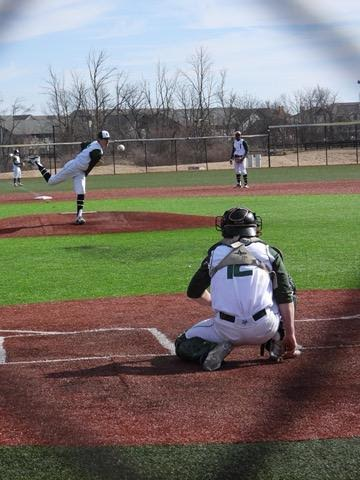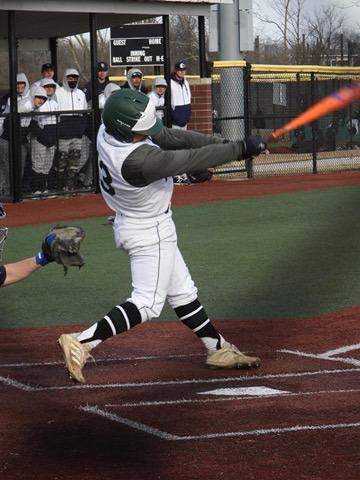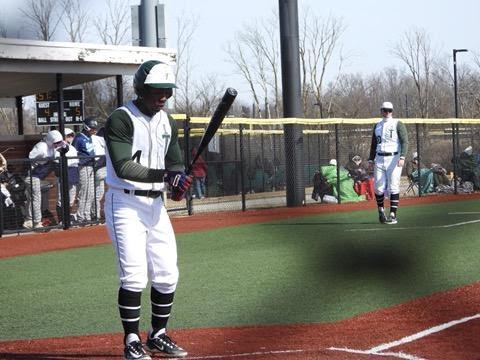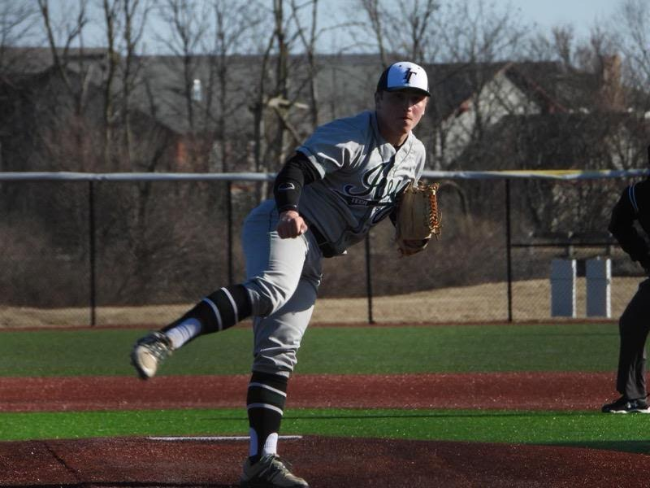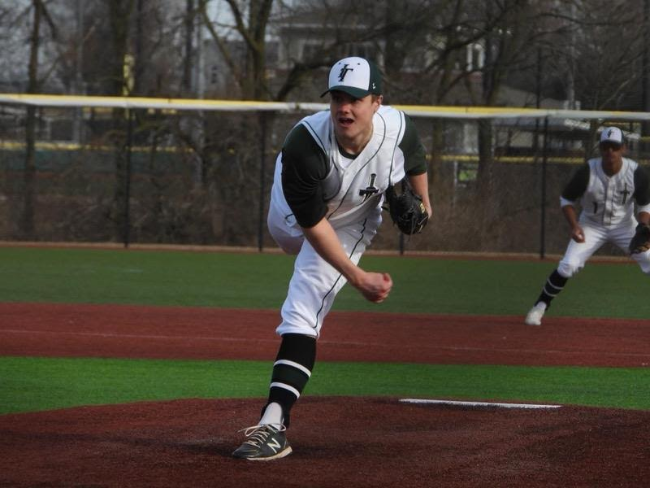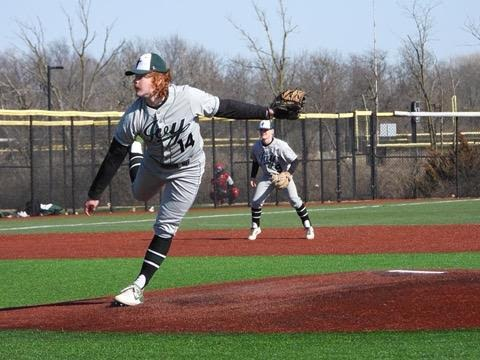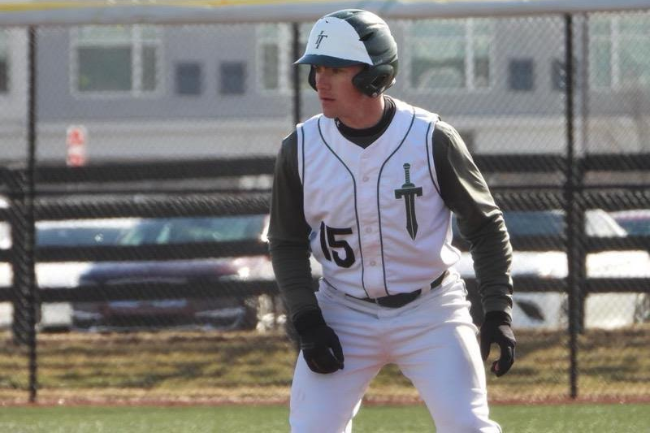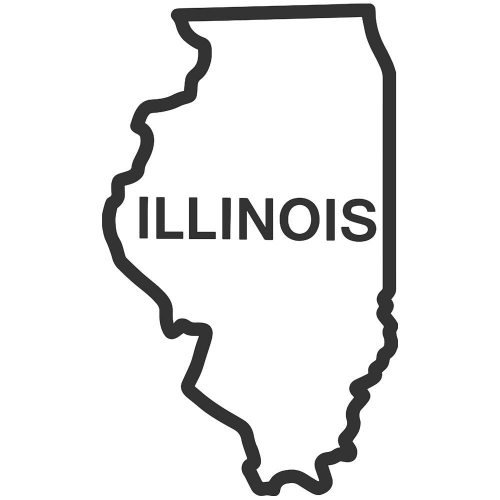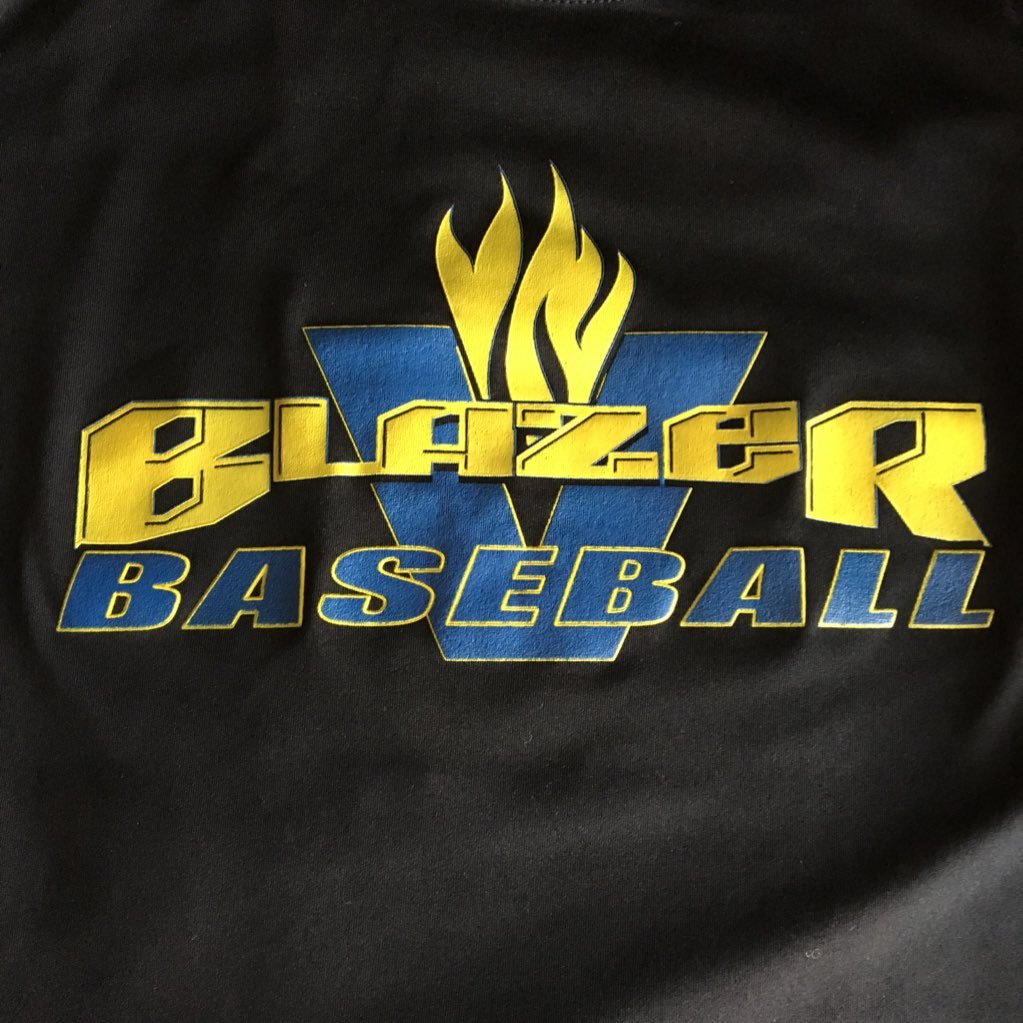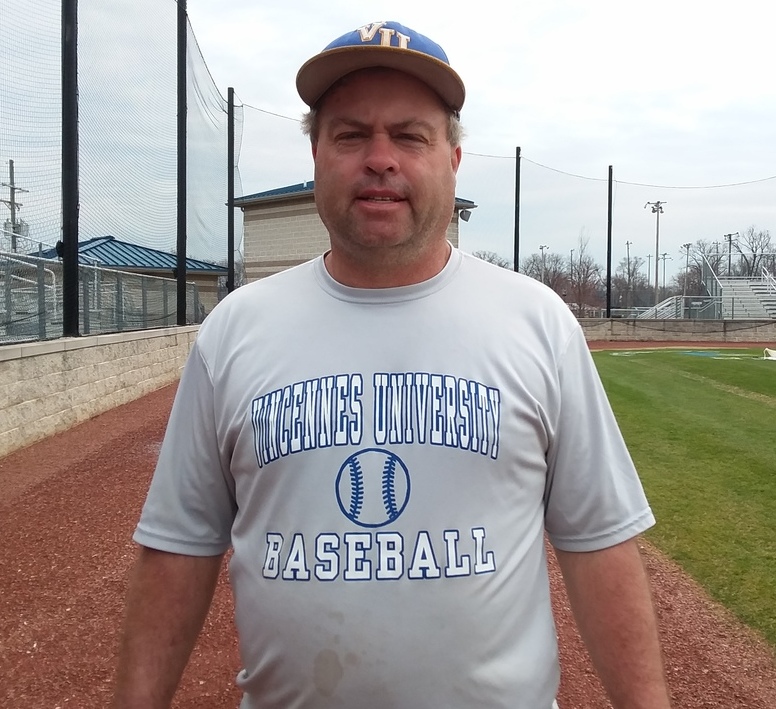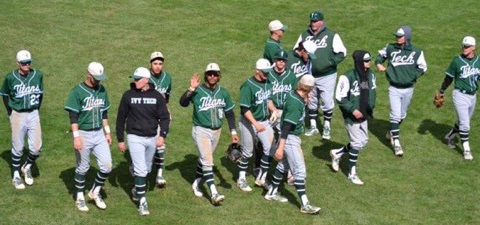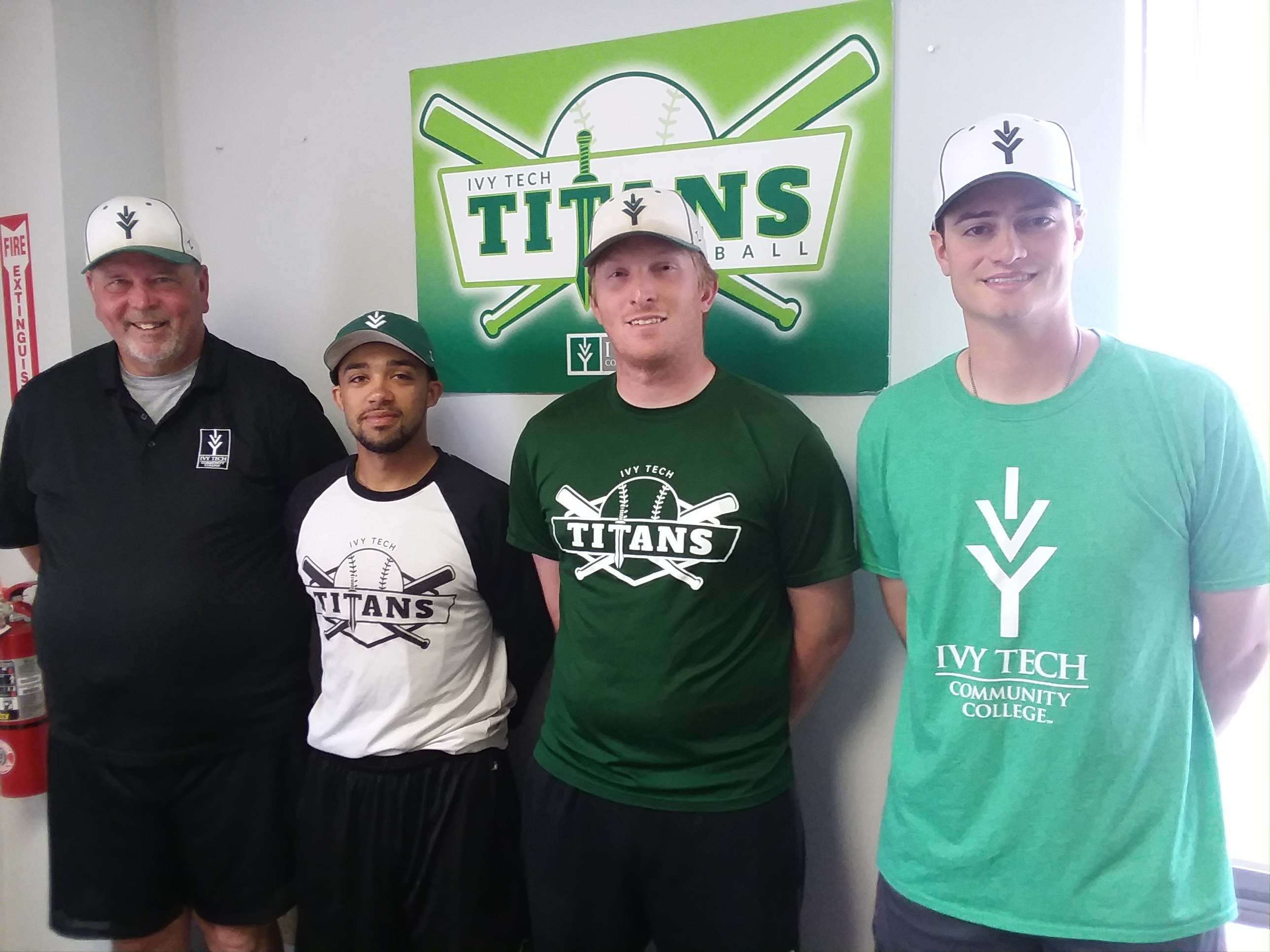
BY STEVE KRAH
http://www.IndianaRBI.com
If 2023 truly is the final baseball season for Ivy Tech Northeast Community College — a two-year institution in Fort Wayne, Ind. — bitterness is not an emotion displayed by the Titans as they look to finish strong.
Ivy Tech Community College Board of Trustees voted 8-1 April 7, 2022 to discontinue athletics at the Northeast campus after 2022-23.
“At this point I’ve pretty much heard we’re done,” says Ivy Tech Northeast head coach Connor Wilkins, who was an assistant to Lance Hershberger when the program began in 2017-18. “I haven’t heard of anything miraculous happening.
“It’s not something we really talk about a lot. We’re just grateful for the team we have right now and getting to play out the rest of the year.”
Wilkins and his players are staying positive.
“I’ve got a good group of guys this year that buy into our identity,” says Wilkins. “They’re really trying to become great at what we teach as a baseball team — execution, bunt, steal, be selfless, an RBI approach with a guy at third, battle with two strikes and just try to do all the little things right.
“I’m very proud of the young men we’ve turned out.”
The Titans played their final “home” game at Shoaff Park Thursday, April 20 and beat Adrian JV 17-7.
With a sense of gratitude, the team heads into the final week of the regular season. Pending the hiring of umpires, Ivy Tech was to play Lourdes JV today (Monday, April 24) at World Baseball Academy in Fort Wayne. Away dates are slated Tuesday against Jackson (Mich.) Community College and Northwestern Ohio JV (doubleheader) Thursday. More games may be added for the weekend.
By maintaining a record of .500 or better against D-I and D-II junior colleges, the Titans have qualified for the National Junior College Athletic Association D-II sub-regional playoffs May 4 at Sports Force Park in Sandusky, Ohio.
The four-team single-elimination event will also feature the No. 2, 3 and 4 teams from the Ohio Community College Athletic Association, likely Bryant & Stratton, Edison State and Lakeland or Clark State.
The winner advances to the eight-team regional. The first round is slated for May 11-12 features three-game series with No. 1 vs. No. 8, No. 2 vs. No. 7, No. 3 vs. No. 6 and No. 4 vs. No. 5.
The four survivors play May 18-20 in the double-elimination second round to determine a qualifier for the NJCAA D-II World Series May 27-June 2/3 in Enid, Okla.
The nature of junior college baseball is coaches working the phones to get athletes connected with their next school.
“It was heightened this year because you have to find freshmen homes, too,” says Wilkins. “We’re excited. Most of our sophomores who are undecided are very close to making decisions.”
Several Ivy Tech players have found a landing spot for 2023-24 and the others are considering their options and offers.
Redshirt sophomores Noah Mattheson and William Myklebust are committed to the University Northwestern Ohio (NAIA).
Among sophomore commits, there’s Gage Smith (NCAA Division I Southern Indiana), Grant Collins (NCAA D-II Purdue Northwest), Adam Besser (NAIA Indiana Tech) and Kaleb Fritz (NAIA Ottawa University in Arizona).
Wilkins says sophs Justin Bultemeier, Mannuk Cadiz, Zachary Green, Logan Greer, Brayden Dockery, William Johnson, Andrew Lion, Jaycob McCullough, Johnny Sewell, Aiden Thompson and Tarron White are undecided.
Freshmen Ivan Balboa and Max Shultz have indicated they will go to NJCAA South Suburban.
Other freshman commits are Kail Baughman (NAIA Calumet of St. Joseph), Brandon Lehman (NAIA Roosevelt) and Hayden Lowe (NJCAA Jackson).
Freshmen that are currently undecided include Samuel Dunlavey, Cal Ostrowski, Joey Spin, Nathan Tappenden and Brock Thornton.
Besides Wilkins, the Ivy Tech coaching staff includes pitching coach Javier DeJesus and infield coach Drew Buffenbarger.
DeJesus is also hospital administrator and instructor at The Diamond Baseball and Softball Academy in Fort Wayne.
Wilkins is a dual-credit advisor and Buffenbarger an admissions specialist at Ivy Tech Northeast.
Connor and wife Alana have two daughters — Rey (3) and Margot (9 months). The youngest was born just before baseball Ivy Tech activities began last fall.
